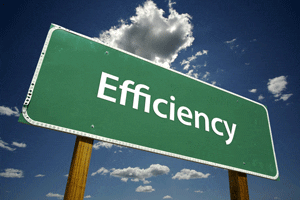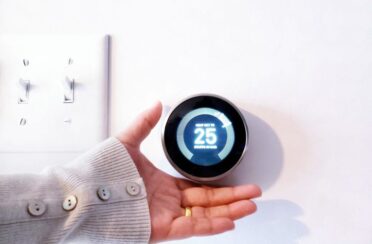 The air filters in your HVAC equipment are important components that contribute significantly to system efficiency and indoor air quality. They keep your home’s air clean by removing particles and contaminants such as dust, mold, pollen, pet dander and microorganisms. When selecting an air filter for your furnace or air conditioner, your best choice is one that is highly rated for efficiency and performance.
The air filters in your HVAC equipment are important components that contribute significantly to system efficiency and indoor air quality. They keep your home’s air clean by removing particles and contaminants such as dust, mold, pollen, pet dander and microorganisms. When selecting an air filter for your furnace or air conditioner, your best choice is one that is highly rated for efficiency and performance.
Here are five efficiency-related terms that you may encounter when selecting an air filter. By knowing what these terms mean and how they apply to HVAC filters, you’ll be able to make better equipment choices.
- MERV: Minimum efficiency reporting value is a basic indicator of filter efficiency. MERV numbers range from 1-16 and indicate how well a filter traps and retains particles from 0.3 to 10 microns in size. Higher MERV numbers mean better efficiency. HEPA (High Efficiency Particulate Air) filters have MERV ratings of 17-20, which makes them even more effective. Be careful when using high-MERV filters. They may require special adapters and can be so restrictive to system airflow that they can damage your HVAC equipment.
- Arrestance: Arrestance, determined by laboratory testing, describes how well a filter traps and holds dust particles.
- Initial and sustained efficiency: The initial efficiency of an air filter is how well it captures and holds particles when new. Sustained efficiency is the filter’s efficiency over time.
- Pressure drop: Sometimes called filter resistance, pressure drop indicates how the filter affects airflow within the furnace or air conditioner. HVAC systems require unobstructed airflow to work correctly. A filter with a high pressure drop rating may restrict some of that needed airflow, reducing system efficiency and effectiveness.
- Dust holding efficiency: This rating denotes how much dust the filter can hold at a particular pressure drop. Filters that are more efficient will be able to hold more dust.
For almost 50 years, Arpi’s Industries Ltd. has brought expert heating, cooling and home comfort services to customers in Calgary and the surrounding areas. Contact us today for more information on air filter efficiency and for help selecting an air filter for your furnace or air conditioner.
Image courtesy of Shutterstock


